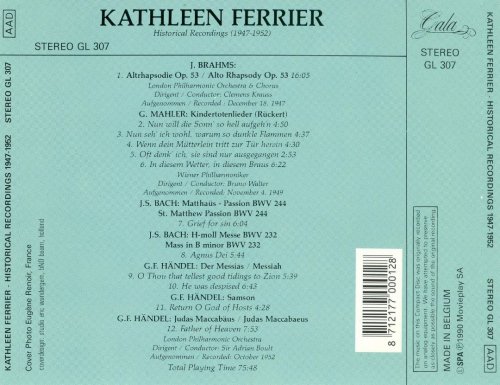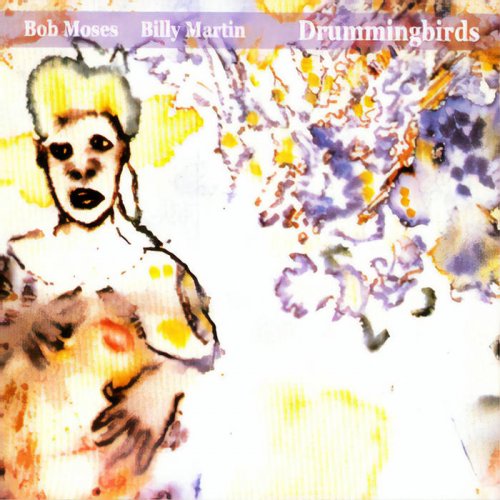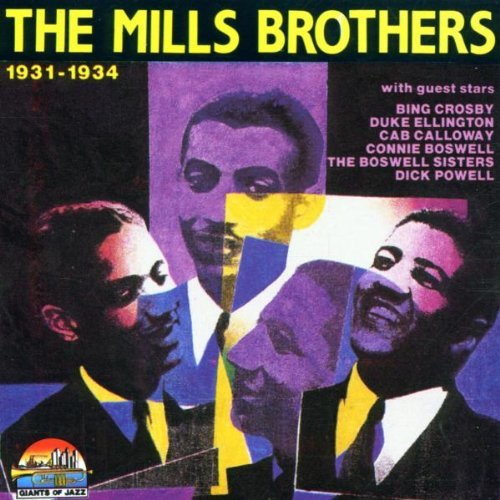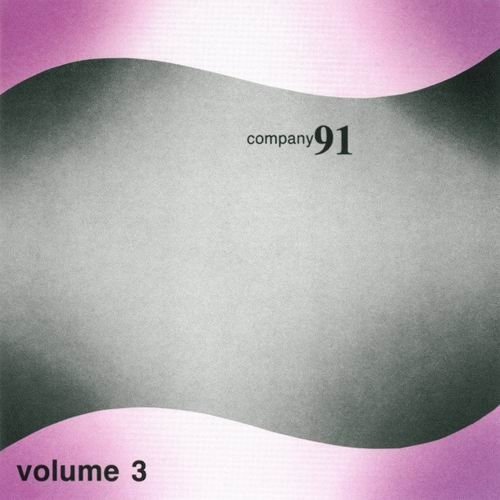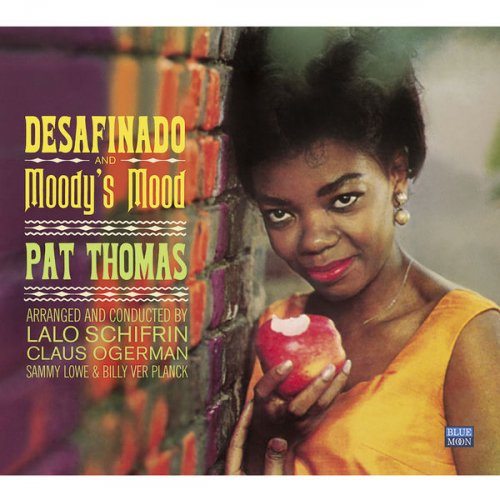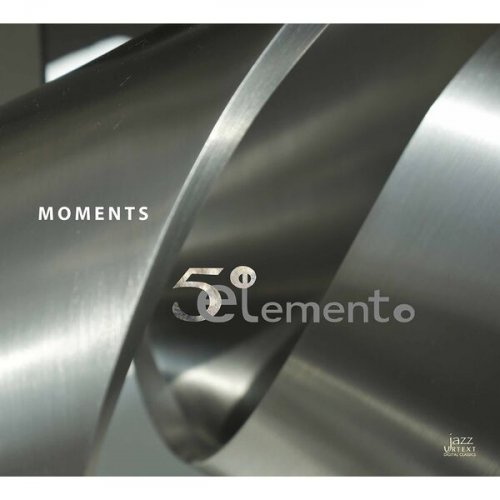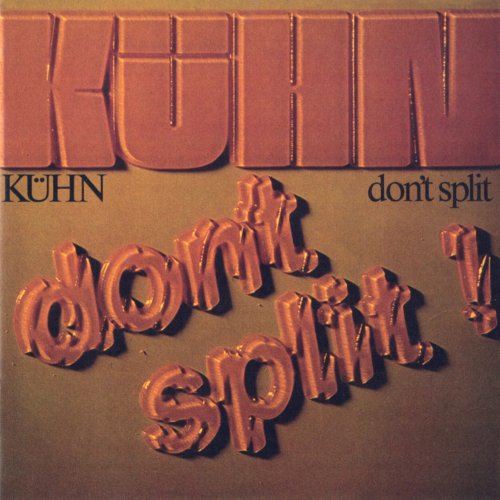Kathleen Ferrier - Historical Recordings 1947-1952 (2003)
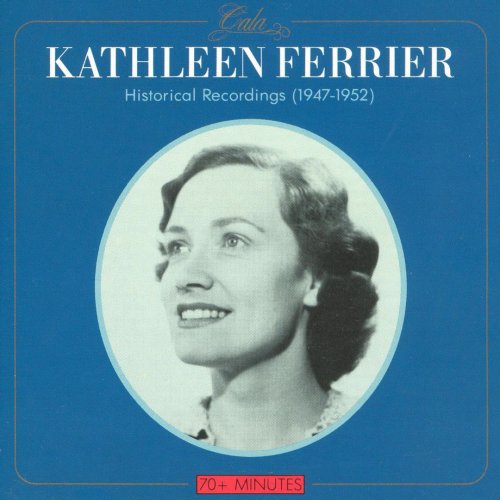
Artist: Kathleen Ferrier
Title: Historical Recordings 1947-1952
Year Of Release: 2003
Label: Gala
Genre: Classical
Quality: FLAC (image+.cue,log)
Total Time: 01:15:52
Total Size: 200 MB
WebSite: Album Preview
Tracklist:Title: Historical Recordings 1947-1952
Year Of Release: 2003
Label: Gala
Genre: Classical
Quality: FLAC (image+.cue,log)
Total Time: 01:15:52
Total Size: 200 MB
WebSite: Album Preview
1 Brahms alto rhapsody op.53 (16:01)
2 Mahler nun will die sonn' so hell aufgeh'n (4:51)
3 Mahler nun seh'ich wohl warum so dunkle flammen (4:39)
4 Mahler wenn dein mutterlein tritt zur tur herein (4:32)
5 Mahler oft denk'ich, sie sinds nur ausgegangen (2:54)
6 Mahler in diesem wetter in diesem braus (6:24)
7 Bach grief for sin (6:05)
8 Bach agnus dei (5:43)
9 Handel o thou that tellest good tidings to zion (5:40)
10 Handel he was despised (6:42)
11 Handel return of god of hosts (4:29)
12 Handel father of heaven (7:52)
For six decades Kathleen Ferrier’s records have taken pride of place in many music-lovers’ collections in almost every country of the world. The range of her records represents pretty well her repertoire as it developed during the ten fruitful years of her career.
Kathleen’s first recordings were made for EMI at Abbey Road Studios in north London in June 1944; these were simply test records, not intended for public sale, and it was almost 35 years before they were first issued. Three more recording sessions for EMI followed and included music by Handel, Greene, Purcell and Mendelssohn; by February 1946 she had changed her allegiance to Decca Records, not having enjoyed a good rapport with Walter Legge, in charge of her earlier sessions. Her only other recording for EMI – Mahler’s Kindertotenlieder - was made in October 1949 with special permission granted by Decca.
Kathleen’s major recording projects for Decca between 1946 and 1952 included Pergolesi’s Stabat Mater, Bach’s St Matthew Passion and two of his choral cantatas, an abridged version of Gluck’s opera Orfeo ed Euridice, Brahms’s Alto Rhapsody and Vier Ernste Gesänge, Schumann’s Frauenliebe und –leben and selections of British songs. Also for Decca she sang lieder and oratorio and opera arias from her growing repertoire, including the perennial favourite What is Life? in 1946. But surely the celebrated recording of Mahler’s song-symphony Das Lied von der Erde – made in Vienna in 1952 and conducted by Bruno Walter - stands as her greatest memorial, a performance by which more recent versions are invariably judged.
Fine as all these recordings are, made using the most advanced technology available at the time, it is perhaps in Kathleen’s surviving radio broadcasts that most interest lies. From BBC broadcasts came the first radio performance of Britten’s The Rape of Lucretia in 1946; a celebrated Lieder recital from the 1949 Edinburgh Festival, with Bruno Walter at the piano; four recordings conducted by Sir John Barbirolli, including another Das Lied von der Erde and Chausson’s Poème de l’amour et de la mer, and Brahms’s Liebeslieder Walzer from the 1952 Edinburgh Festival. Dutch radio was the source of another performance of Rape of Lucretia in 1946 and Mahler’s gigantic Second Symphony and Kindertotenlieder conducted by Otto Klemperer in 1951.The world première of Britten’s Spring Symphony was given in Amsterdam in July 1949 and issued on a Decca CD in 1994 – a remarkable document indeed. A complete Orfeo ed Euridice by Gluck, from the 1951 Holland Festival, was released in 1978, showing the late glory of Kathleen’s majestic interpretation. In Vienna in June 1950 Kathleen sang in Bach’s St Matthew Passion and B Minor Mass, conducted by Herbert von Karajan, and both have been released on various labels during the last 20 years. These performances are quite outstanding and the other singers are also of top quality; Ferrier at her absolute best!
Four extracts of Kathleen’s speaking voice survive and we can hear that, like her singing, it was rich and beautiful. To hear her laugh is altogether a different experience, too!
There are, sadly, too many gaps in the Ferrier discography. No Dream of Gerontius, in which she excelled on the concert platform; just two arias from her beloved Messiah, but no complete performance has survived. A host of German Lieder and British songs were never recorded and we can only dream about so many other pieces in her repertory which we cannot now hear her sing.
We are grateful for all that has survived. Every piece, however apparently insignificant, gives us just a little further light on the glory that was Kathleen Ferrier; and the great works proclaim it con amore!
Kathleen’s first recordings were made for EMI at Abbey Road Studios in north London in June 1944; these were simply test records, not intended for public sale, and it was almost 35 years before they were first issued. Three more recording sessions for EMI followed and included music by Handel, Greene, Purcell and Mendelssohn; by February 1946 she had changed her allegiance to Decca Records, not having enjoyed a good rapport with Walter Legge, in charge of her earlier sessions. Her only other recording for EMI – Mahler’s Kindertotenlieder - was made in October 1949 with special permission granted by Decca.
Kathleen’s major recording projects for Decca between 1946 and 1952 included Pergolesi’s Stabat Mater, Bach’s St Matthew Passion and two of his choral cantatas, an abridged version of Gluck’s opera Orfeo ed Euridice, Brahms’s Alto Rhapsody and Vier Ernste Gesänge, Schumann’s Frauenliebe und –leben and selections of British songs. Also for Decca she sang lieder and oratorio and opera arias from her growing repertoire, including the perennial favourite What is Life? in 1946. But surely the celebrated recording of Mahler’s song-symphony Das Lied von der Erde – made in Vienna in 1952 and conducted by Bruno Walter - stands as her greatest memorial, a performance by which more recent versions are invariably judged.
Fine as all these recordings are, made using the most advanced technology available at the time, it is perhaps in Kathleen’s surviving radio broadcasts that most interest lies. From BBC broadcasts came the first radio performance of Britten’s The Rape of Lucretia in 1946; a celebrated Lieder recital from the 1949 Edinburgh Festival, with Bruno Walter at the piano; four recordings conducted by Sir John Barbirolli, including another Das Lied von der Erde and Chausson’s Poème de l’amour et de la mer, and Brahms’s Liebeslieder Walzer from the 1952 Edinburgh Festival. Dutch radio was the source of another performance of Rape of Lucretia in 1946 and Mahler’s gigantic Second Symphony and Kindertotenlieder conducted by Otto Klemperer in 1951.The world première of Britten’s Spring Symphony was given in Amsterdam in July 1949 and issued on a Decca CD in 1994 – a remarkable document indeed. A complete Orfeo ed Euridice by Gluck, from the 1951 Holland Festival, was released in 1978, showing the late glory of Kathleen’s majestic interpretation. In Vienna in June 1950 Kathleen sang in Bach’s St Matthew Passion and B Minor Mass, conducted by Herbert von Karajan, and both have been released on various labels during the last 20 years. These performances are quite outstanding and the other singers are also of top quality; Ferrier at her absolute best!
Four extracts of Kathleen’s speaking voice survive and we can hear that, like her singing, it was rich and beautiful. To hear her laugh is altogether a different experience, too!
There are, sadly, too many gaps in the Ferrier discography. No Dream of Gerontius, in which she excelled on the concert platform; just two arias from her beloved Messiah, but no complete performance has survived. A host of German Lieder and British songs were never recorded and we can only dream about so many other pieces in her repertory which we cannot now hear her sing.
We are grateful for all that has survived. Every piece, however apparently insignificant, gives us just a little further light on the glory that was Kathleen Ferrier; and the great works proclaim it con amore!
